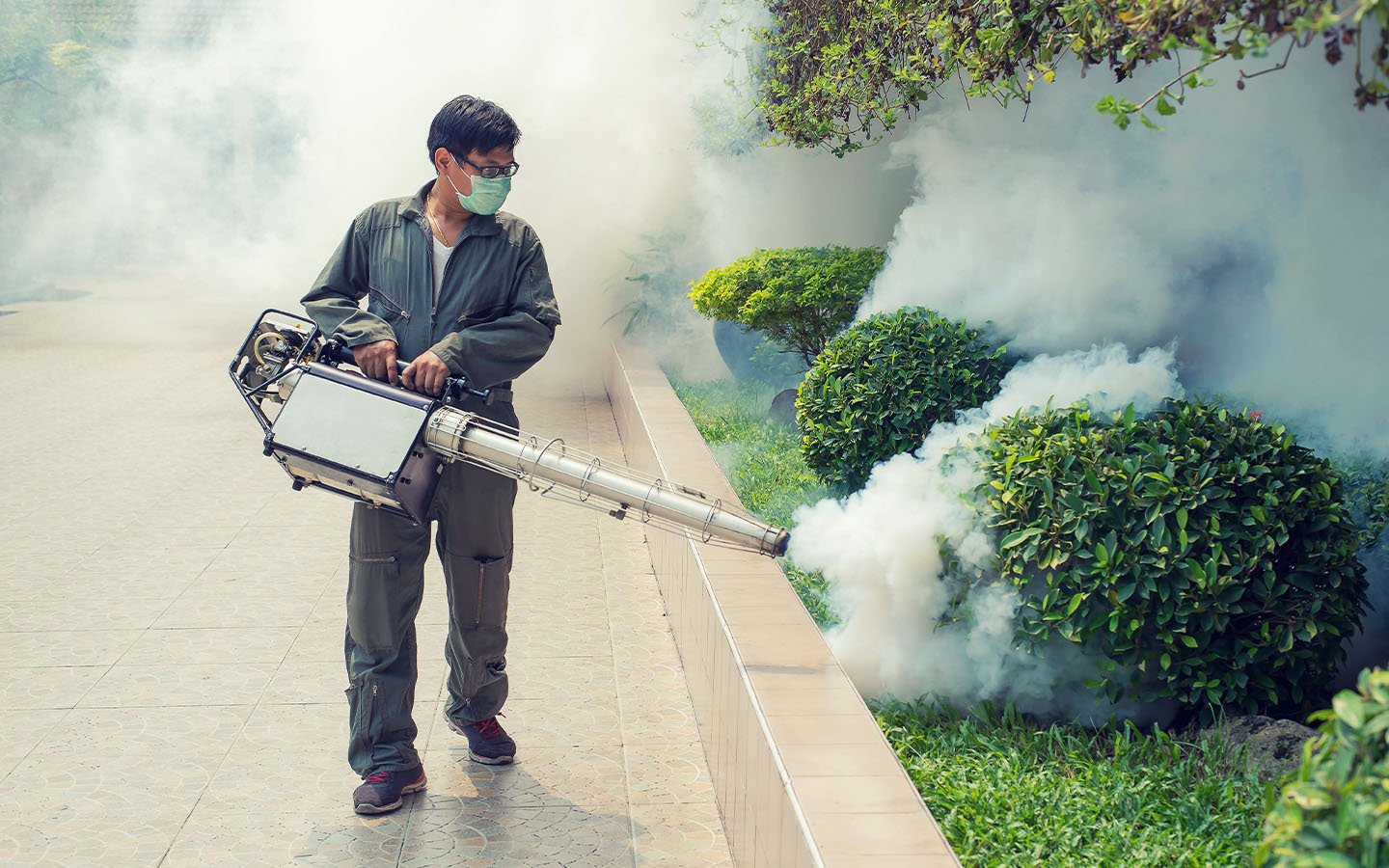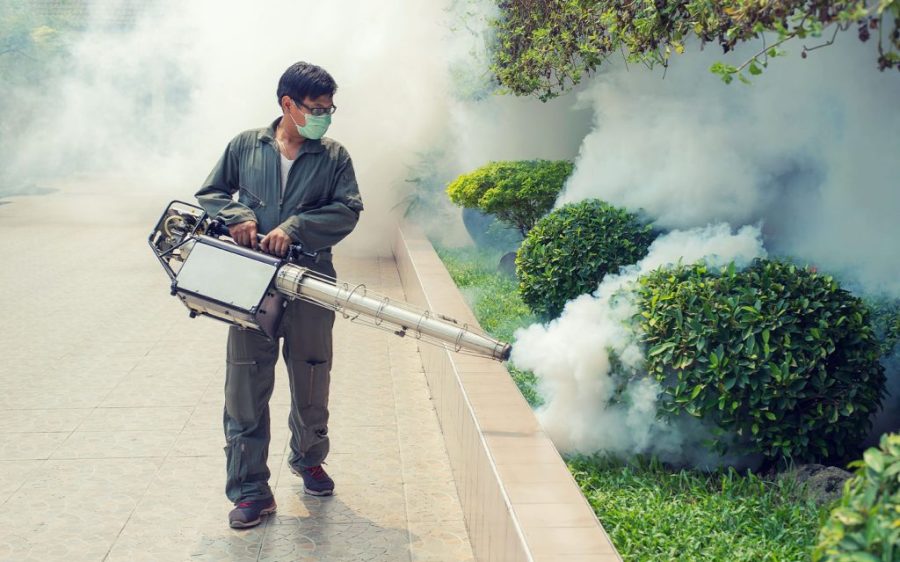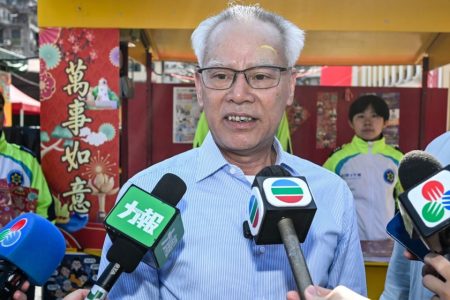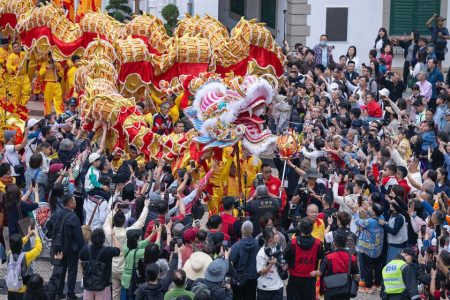The head of the Health Bureau, Lo Iek Long, says his department has been conducting talks with community groups, schools, businesses, property management firms and administrative committees in recent days in an effort to promote measures aimed at preventing the spread of the mosquito-borne chikungunya and dengue fever.
During a meeting yesterday, which involved 40 representatives from 24 businesses, Sou Sok Leng, a doctor with Macao’s Centre for Disease Control and Prevention, urged businesses to adopt a three-pronged approach in the fight against chikungunya and dengue fever – preventing mosquito breeding, mosquito entry indoors and mosquito bites outdoors.
Sou said that businesses should monitor for stagnant water, flower pots, drains and rubbish heaps, as such places serve as an ideal environment for mosquitoes to breed.
Meanwhile, companies can stop mosquitoes from getting indoors by using anti-mosquito equipment such as nets, bug zappers and mosquito coils.
In order to guard against bites, Sou suggested that businesses increase their frequency of chemical control measures and have workers wear long-sleeved shirts and apply insect repellent when outdoors.
[See more: Macao is at a ‘critical’ juncture in chikungunya prevention, says health official]
On Wednesday, a similar meeting was conducted with around 120 tertiary and non-tertiary school representatives in attendance.
According to the deputy head of Macao’s education bureau, Wong Ka Kei, schools were reminded to purchase anti-mosquito equipment such as insect buzzers and mosquito nets and to keep their campuses free of stagnant water.
Wong also told reporters that his bureau intends to host another meeting shortly before the start of the new academic year in September.
Currently, Macao has recorded eight chikungunya infections, including six imported cases and two local cases. The first case to be recorded this year was that of a 61-year old male resident, who was deemed to be an imported case on 18 July.
After various other imported infections over the subsequent weeks, Macao registered its first local cases on 1 and 2 August. These two latest patients were locals who became exposed to the virus through their work in the construction sites of Urban Zone A.
While Macao has not seen any major chikungunya outbreaks, local disease control expert, Chan Choi Wan, stressed that the city was at a “critical stage” in the prevention of the disease, noting that the chances of another local infection were “high” due to the surge in travel and regional infections.
Guangdong province alone has meanwhile registered over 7,000 chikungunya infections since July. Despite this, cases have been on a steady decline recently, with daily cases in Foshan – the epicentre of the outbreak – dropping from 333 to 174 between 1 and 5 August. Data from Wednesday shows that cases stabilised at 175.
As for neighbouring Hong Kong, the territory recorded four imported cases for this year as of Wednesday, with no local transmission registered so far.






